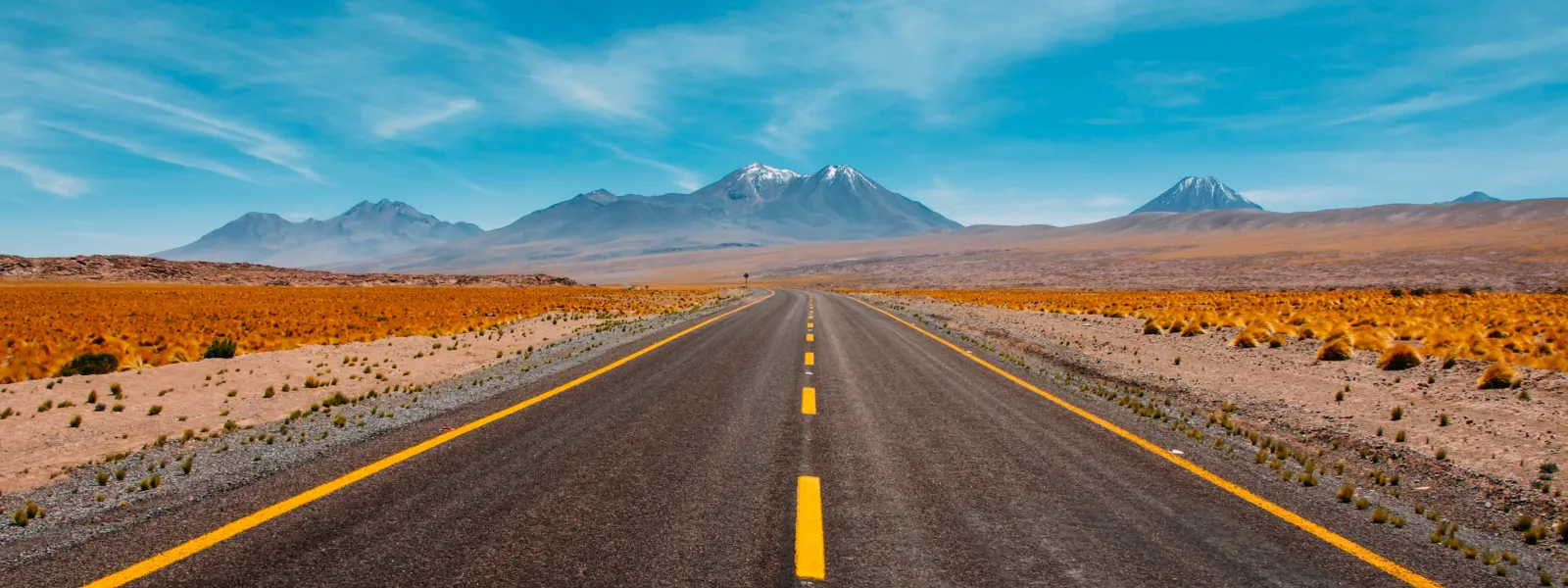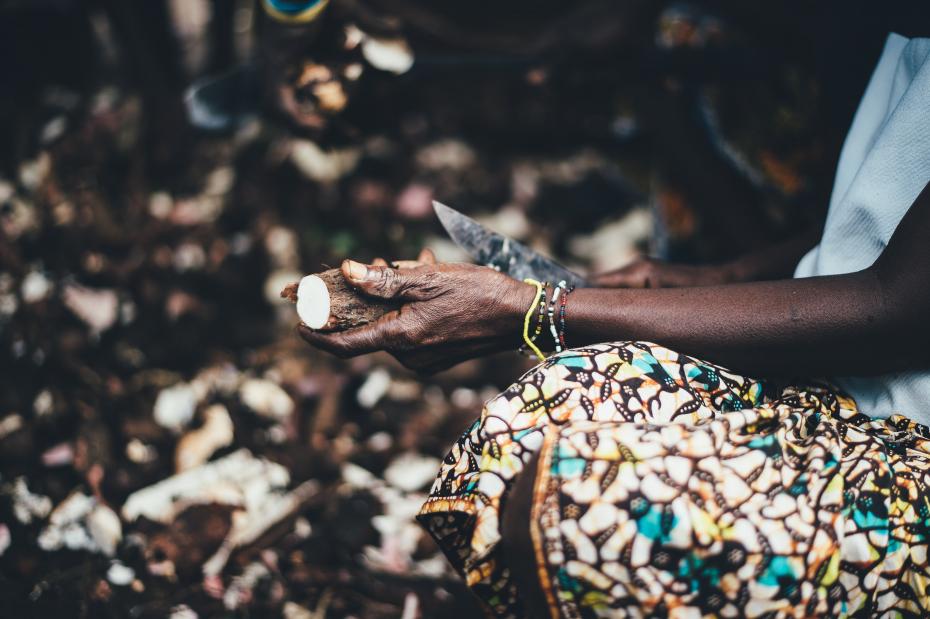
Litigation to promote (and accelerate) climate action
Photo: Diego Jimenez on Unsplash.In 1990, the United Nations Intergovernmental Panel on Climate Change (IPCC) produced its first assessment report. It was the first time that the international scientific community officially and accurately demonstrated that greenhouse gas emissions, produced by human activities, would lead to additional warming of the planet's surface, with global consequences.
Over more than two decades of international climate negotiations and agreements to drastically reduce emissions, progress has been slow.
And so, climate litigation has become a tool increasingly used by organizations and communities to hold governments and companies accountable for the climate crisis. Legal cases have forced nations to adopt more concrete and ambitious measures to curb emissions and mitigate the human rights impacts of the climate crisis.
In May, a Dutch court set a landmark precedent when it ordered multinational oil company Shell to reduce its carbon dioxide emissions by 45 percent over less than 10 years, marking a global environmental victory.
"This judgment has been of great significance because Shell is one of the companies that most contributes to climate change," says Verónica Méndez, an attorney with AIDA's Climate Change Program.
AIDA's legal and scientific team provides legal support and technical information to organizations and communities initiating climate litigation against governments and companies in Latin America.
AIDA also developed a climate litigation platform, which systematizes key information on the cases developed in the region. The mapping of data is being done collaboratively with other organizations and will allow for the strengthening of joint litigation strategies.
A brief overview of climate litigation
Climate litigation includes cases that raise issues related to the legal obligations that states and companies have in relation to the climate crisis. They are brought before judicial bodies to seek, among other things, the enforcement of existing climate laws; an expansion in the scope of other laws to address climate change; recognition of the relationship between fundamental human rights and the impacts of the climate crisis; and compensation for loss and damage.
This, according to a report prepared by the United Nations Environment Programme, in collaboration with the Sabine Center for Climate Change Law at Columbia University (New York), which assesses the global situation of this type of litigation.
According to the report, as of July 1, 2020, at least 1,550 climate litigations have been registered in 38 countries, almost doubling the number of cases registered in 24 countries in 2017. The United States leads the list where the most litigation has been filed (1,200), followed by Australia (97), the United Kingdom (58) and the European Union (55).
Climate lawsuits are also booming in Latin America, particularly in Mexico, Brazil, Colombia and Chile. To date, AIDA has analyzed nearly 50 cases that will form part of the region's climate litigation platform.

Challenges and opportunities in climate litigation
While climate litigation seeks to achieve justice for communities affected by the impacts of the climate crisis, one of its great challenges lies the implementation of decisions.
In 2018, a historic judgement ruled in favor of 25 young Colombians, who sued the government for deforestation in the Amazon and its direct link to the violation of the right to a healthy environment for future generations. This lawsuit is considered a climate litigation due to the increase in greenhouse gas emissions associated with deforestation.
In it, the Supreme Court of Justice recognized the Colombian Amazon as an entity subject to rights and ordered the creation of an action plan to reduce deforestation, and the adoption of an intergenerational pact for the life of the Colombian Amazon. However, the conclusions of follow-up reports on the case indicate that, to date, there has not been full compliance with the ruling.
"A judgment does not end with the sentence,” explains Méndez. “It must be followed up with to ensure compliance."
Demonstrating that corporations and governments have an enormous responsibility in the fight against the climate crisis not only requires scientific information that proves that the emissions generated or allowed contribute to climate change. It requires linking the facts to human rights to provide more reasons for the courts to act and issue a favorable ruling.
"A purely scientific climate change litigation has less chance of success," Méndez emphasizes. "It’s strategic to link a case to direct impacts on the human rights of those people who will be disproportionately affected."
According to a report by the Environment and Natural Resources Foundation (FARN), the outlook for climate demands in Latin America is encouraging because governments are making more commitments to climate action and, in addition, climate science is establishing direct links between extreme weather events and climate change.
The coming together of communities and environmental organizations is crucial in the movement to accelerate strong policies and actions that will ensure a sustainable, just transformation for both people and the environment.
Visit the Climate Litigation Platform for Latin America and the Caribbean
Tatiana Ruiz

Tatiana Ruiz Berman is an intern with AIDA's communications team, working from Argentina. She is an environmental journalist with a degree in Social Communication. She dedicates part of her time to disseminating environmental issues on social networks, local media and her personal blog. Her goal is to communicate in a clear and accessible way about the climate and ecological crisis that the planet is facing in order to promote actions towards its solution. Tatiana is also an occasional contributor to Fundación Espacios Verdes (Buenos Aires).
